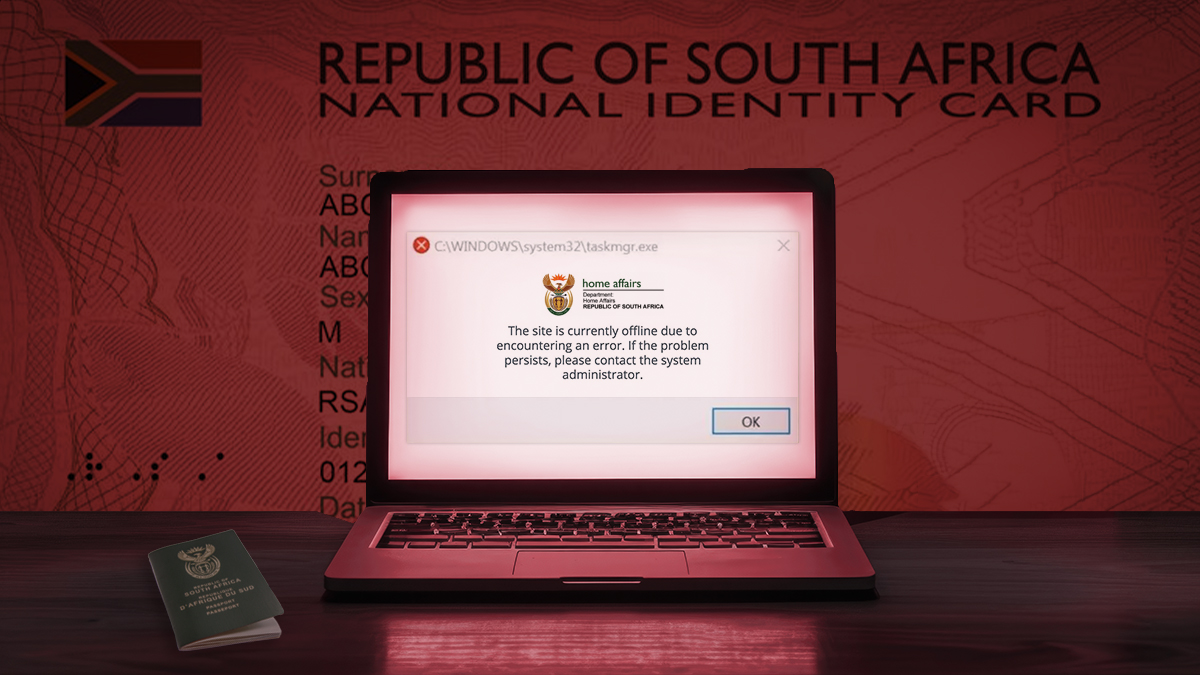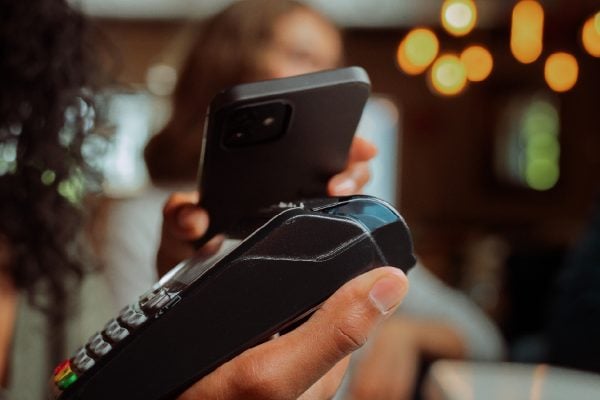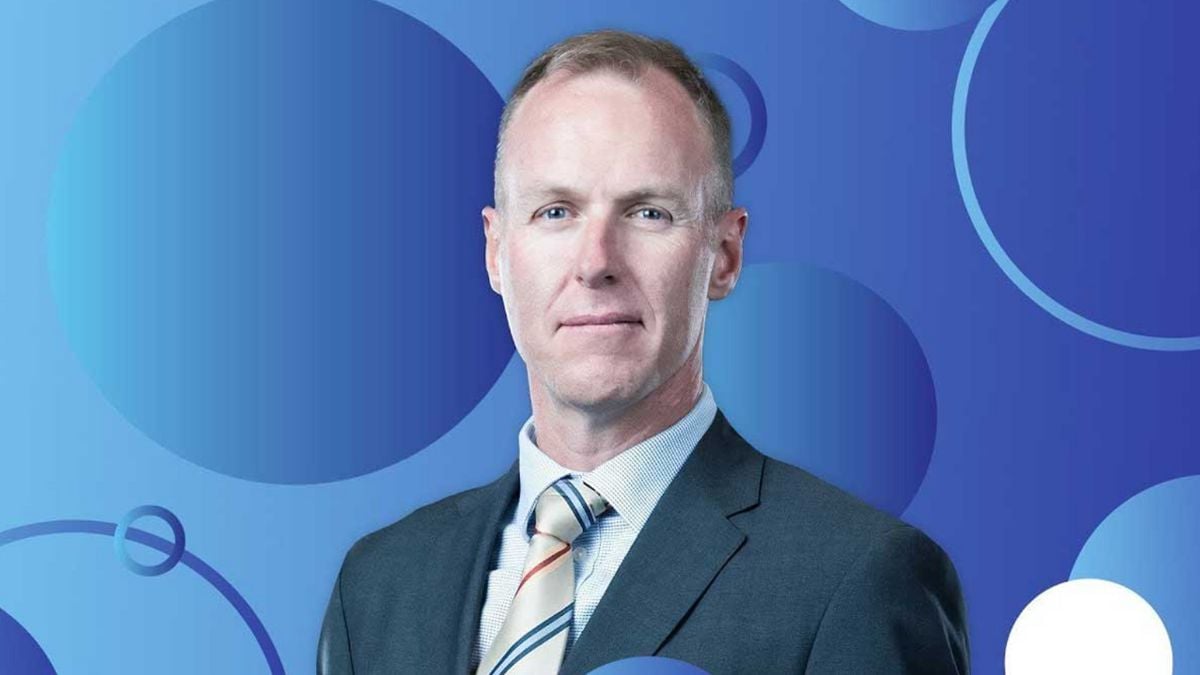Dodgy fibre dealings leaves students cut off and community infuriated
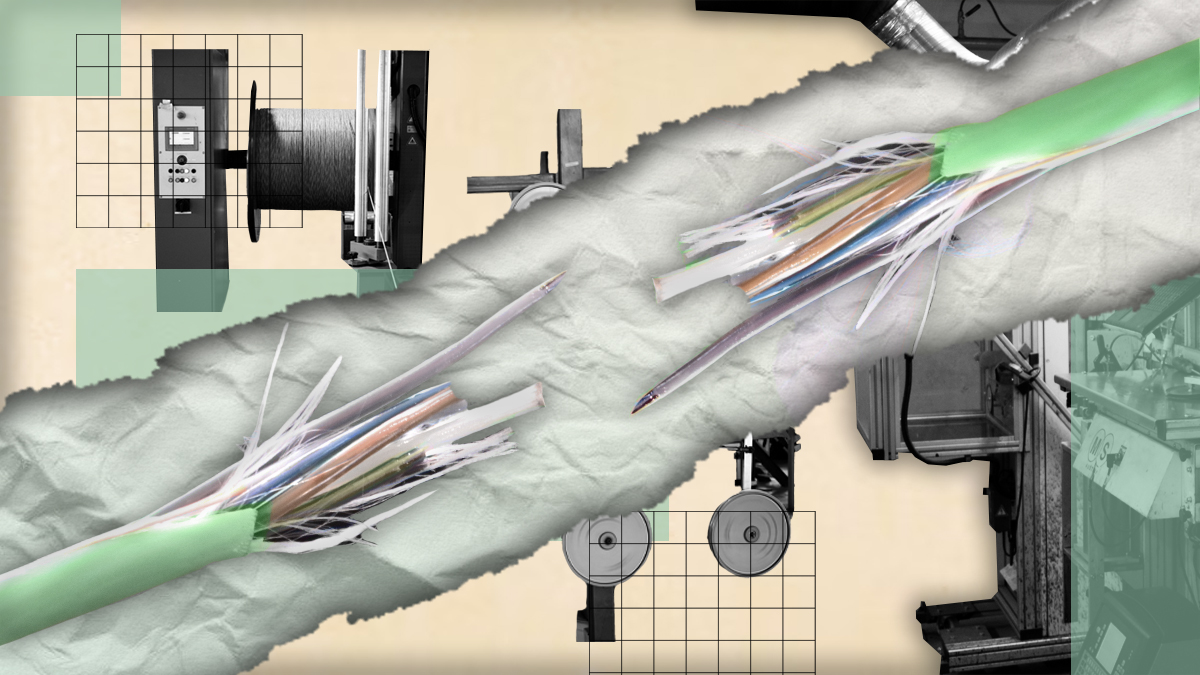
Blaze Fibre, an Internet Service Provider owned by a company currently being sued by the Public Investment Corporation, has left a Katlehong community without Internet.
This enraged the community, as many continued to pay the already strenuous monthly fee, expecting the service to return.
At the same time, matriculants and university students preparing to write their final exams were left with red lights on their routers.
“We would have people coming into our homes and threatening us because they know us as the face of this operation,” Pastor Ntate Motaung told MyBroadband.
Motaung is part of a small business that acts as an intermediary between Ward 48 and 49 of Katlehong, Gauteng and ISPs that provide Internet services to the community. His business partners include Pule Rasufate and Thabiso Mafokeng.
The most recent of these ISPs was Blaze Fibre, whose director, Reuben Olifant, is currently facing criminal charges laid against him for fraud by the Public Investment Corporation (PIC).
MyBroadband first learned about Blaze Fibre’s dodgy dealings after a former employee of Smart Africa, a wholesale Internet service provider, contacted us.
Smart Africa’s owner told MyBroadband that he had been involved in a fibre project with Enable Capital’s directors, leaving him R264,000 out of pocket.
Enable Capital’s director is also the director of Blaze Fibre — Reuben Olifant.
Enable Capital is a funder of small, medium, and micro-enterprises that “provides suppliers with a fast and efficient cash flow solution.”
It does so by buying purchase orders from suppliers at a discounted price, allowing them to access the funds before the contract stipulates.
MyBroadband has contacted Enable Capital and Reuben Olifant for comment but did not receive a reply by publication.
Enable Capital’s directors began doing business in Ward 48 and 49 of Katlehong by buying the purchase orders for fibre laid in the area. It did so as Isibindi Solutions, one of Olifant’s many registered businesses.
However, according to Smart Africa, Enable Capital could not have these purchase orders paid out as the fibre infrastructure was not correctly installed, leaving them stuck with the network.
Motaung explained that while this did not mean Internet services could not be delivered, as three ISPs have serviced the community, not one has lasted more than a year before cancelling their services.
It is important to note that the delivery of Internet services using fibre infrastructure requires a fibre network operator (FNO) and an ISP. The FNO is responsible for maintaining and operating the infrastructure, while the ISP allows those connected to the infrastructure to access the Internet.
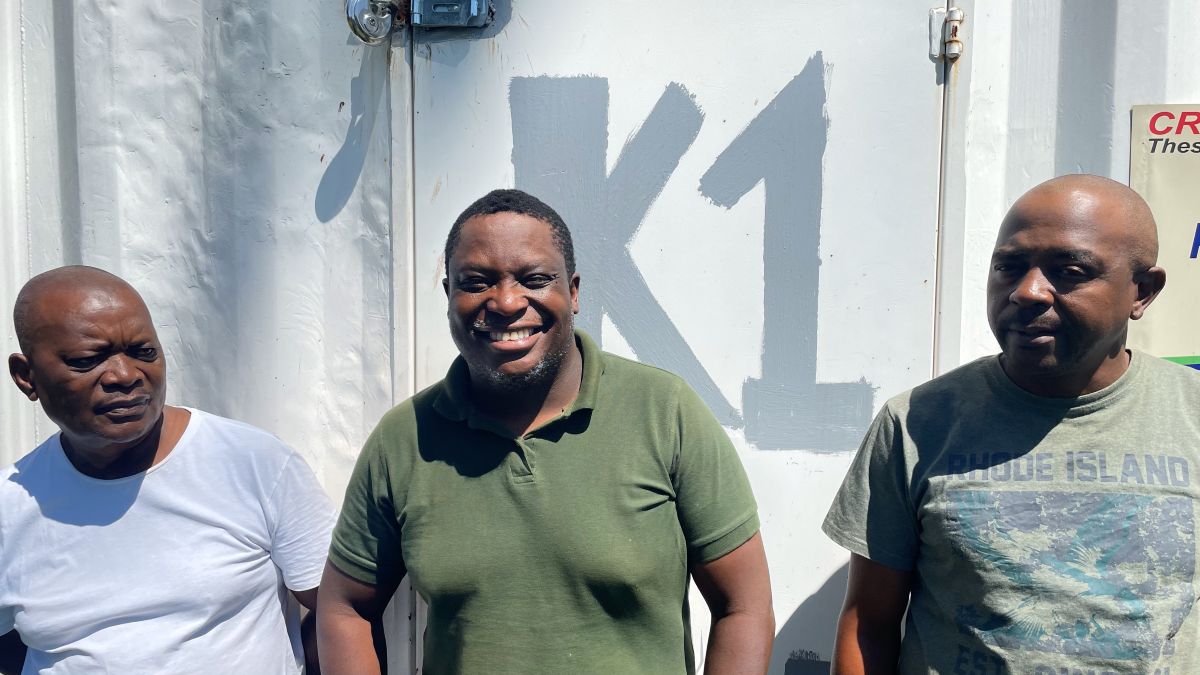
“The first company that was supposed to act as an ISP was called Fibrestream. They did exactly what Blaze Fibre did. Promised people a service, provided us with a shabby service, and then stopped operating.”
MyBroadband has contacted Fibrestream for comment but did not receive a reply by publication.
Motaung said Fibrestream’s service lasted for eight months, charging prices of R250 and above for an uncapped line. Then, it withdrew its services, leaving his team in arrears of R100,000.
He said that an ISP called MultiComms attempted to take over from Fibrestream. However, the community refused to subscribe to a service they feared would betray them again, causing the ISP to withdraw after two months.
The community remained without an ISP for the next two years.
“That’s when I was approached by Blaze Fibre in 2024, saying that they wanted to restart the service with an ISP that was more reliable than the previous two.”
He explained that by this point, his and Rasufate’s names had been tarnished in the community, which they now had to appeal to to sell Blaze Fibre’s services.
In doing so, they were joined by a third business partner, Thabiso Mafokeng.
The continuation of the service meant that Motaung and his team could continue connecting houses to the network, with Net44 taking over the role of the fibre network operator.
MyBroadband has contacted Net44, with no response received by publication.
When the service was established, Blaze Fibre offered a network speed of 40/20Mbps, which cost users R400 per month.
Motaung and his team were tasked with collecting payments, which mostly involved going door to door with a mobile card machine and other administrative duties.
However, they soon started to experience the same frustrations with Blaze Fibre as Smart Africa did, with payments failing to be made after the first two months.
“They paid for the marketing costs, but the payment collections, queries, and other administrative work remain uncompensated for.”
Motaung said his team consisted of 8 employees and Mafokeng’s another 16, leaving 24 employees without pay.
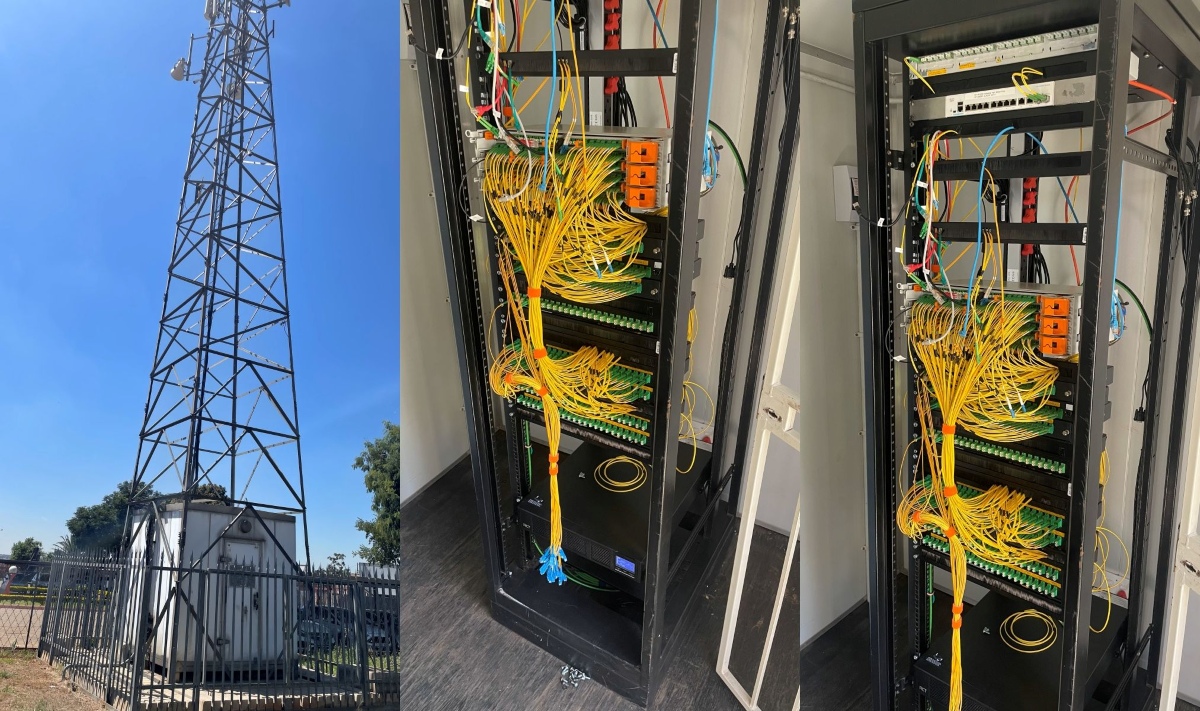
By October, Blaze Fibre customers in Katlehong began experiencing issues with their network connections, with access going down for up to four days at a time.
“If you set up shop, you must do so with customer service. There was none of that, meaning that when paying subscribers encountered an issue, there was no one on the other side to tend to it,” Motaung said.
Therefore, when the ISP ultimately withdrew operations in November, residents continued to pay the R400 per month, expecting the service to return upon payment.
Motaung and his team were also left in the dark, having to bear the brunt of the chaos caused by Blaze Fibre.
“When the community started demanding refunds, where did they go? They came to our houses,” Motaung said.
“These are people who were spending hard-earned money and pensions to provide for family members who needed access to the Internet, so of course, they are going to be angry.”
Paulina Makonto, a Blaze Fibre client in Katlehong, told MyBroadband that the network was initially convincing.
“For three months, the network was good, and then it fell apart,” she said.
She said her daughter is busy studying at the University of South Africa (Unisa) and relies on a stable Internet connection.
However, she has been struggling to continue her online studies as she now relies on 10GB of mobile data provided by the university that frequently has to be supplemented at a significant cost to the family.
Motaung also noted that the timing of the service’s withdrawal in the area meant that matriculants studying for their final exams had to do so without Internet access.
Like the Blaze Fibre clients, Montaung, Mafokeng, and Rasufate are also infuriated with the ISP’s actions, having been left in extreme debt.
“It’s been very tough for us as well. We had to go and get money from loan sharks to continue the operations [before we realised what was happening]. This has reached about R400,000,” Mafokeng said.
Despite this, the team has identified a silver lining from their experience with Blaze Fibre. For the months it was active, they were forced to run the administrative side of the network. Motuang says this taught them how to be the boots on the ground and deal with customers.
Therefore, they have started a company called K1 Connect, hoping to provide network services to the community and ultimately earn back their trust.
They are adamant that Blaze Fibre and businesses associated with its directors will no longer be allowed back into the community and have rebranded the PoP with their logo.
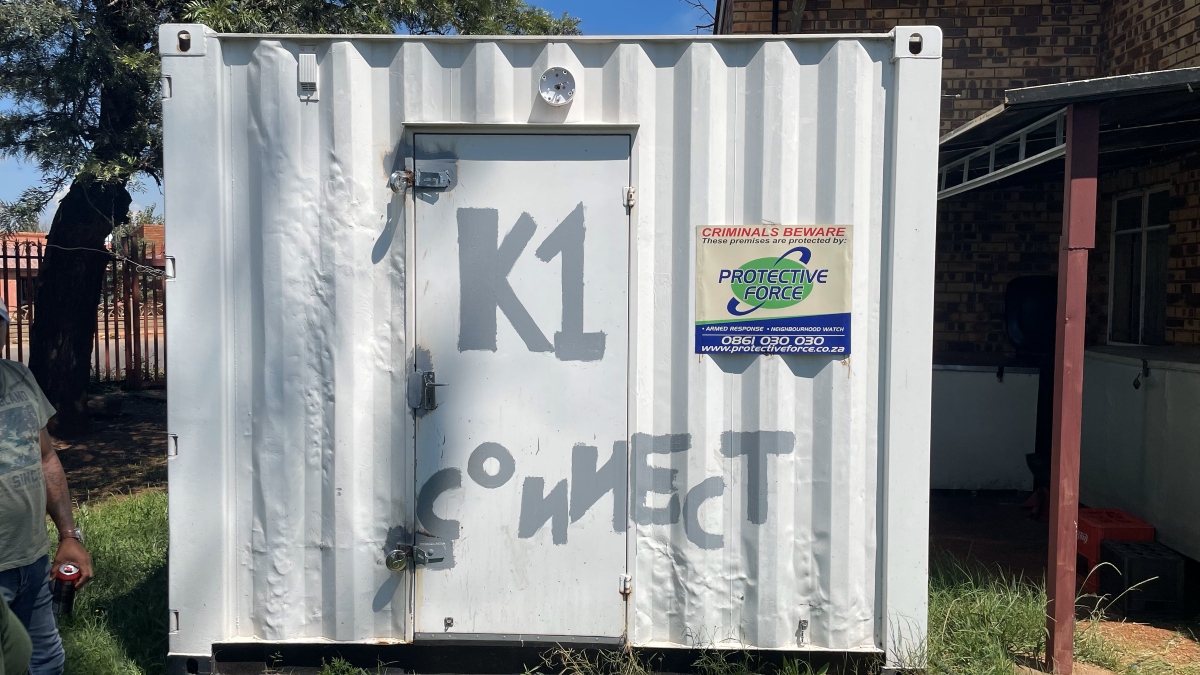
This article has been updated to correct the fact that Katlehong High School was not disconnected entirely. Instead, some of its students were disconnected at home due to Blaze Fibre’s withdrawal.

